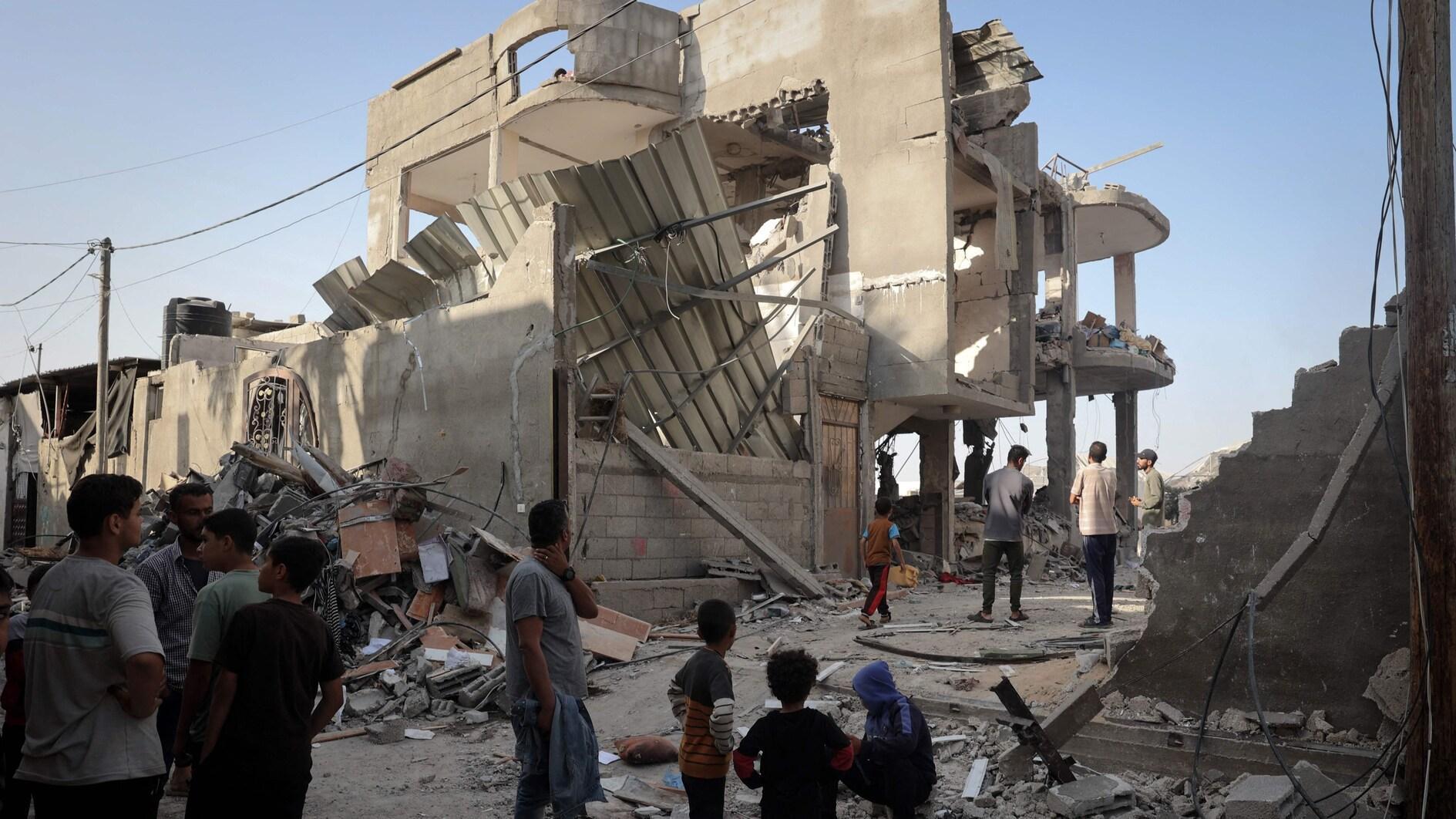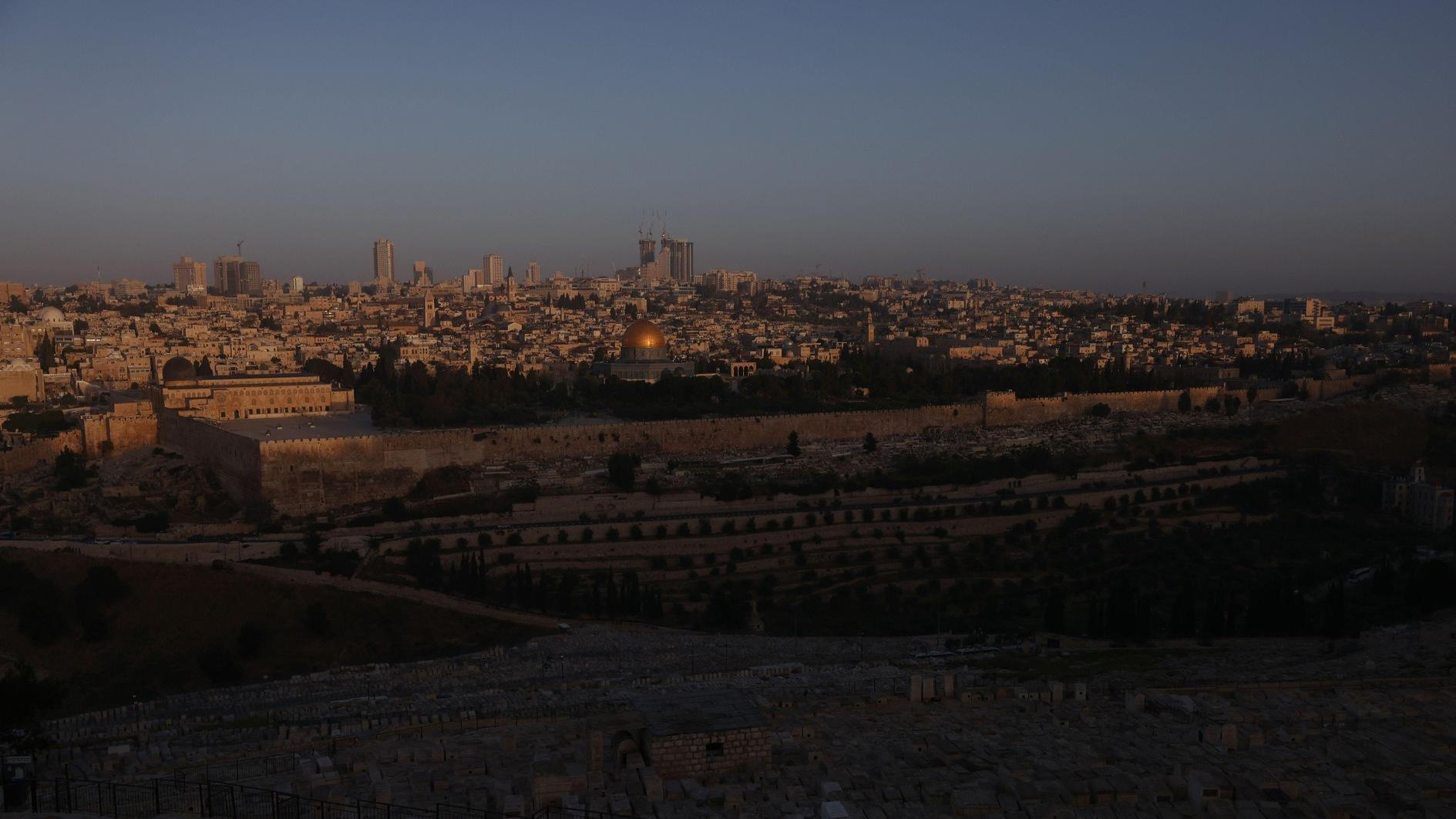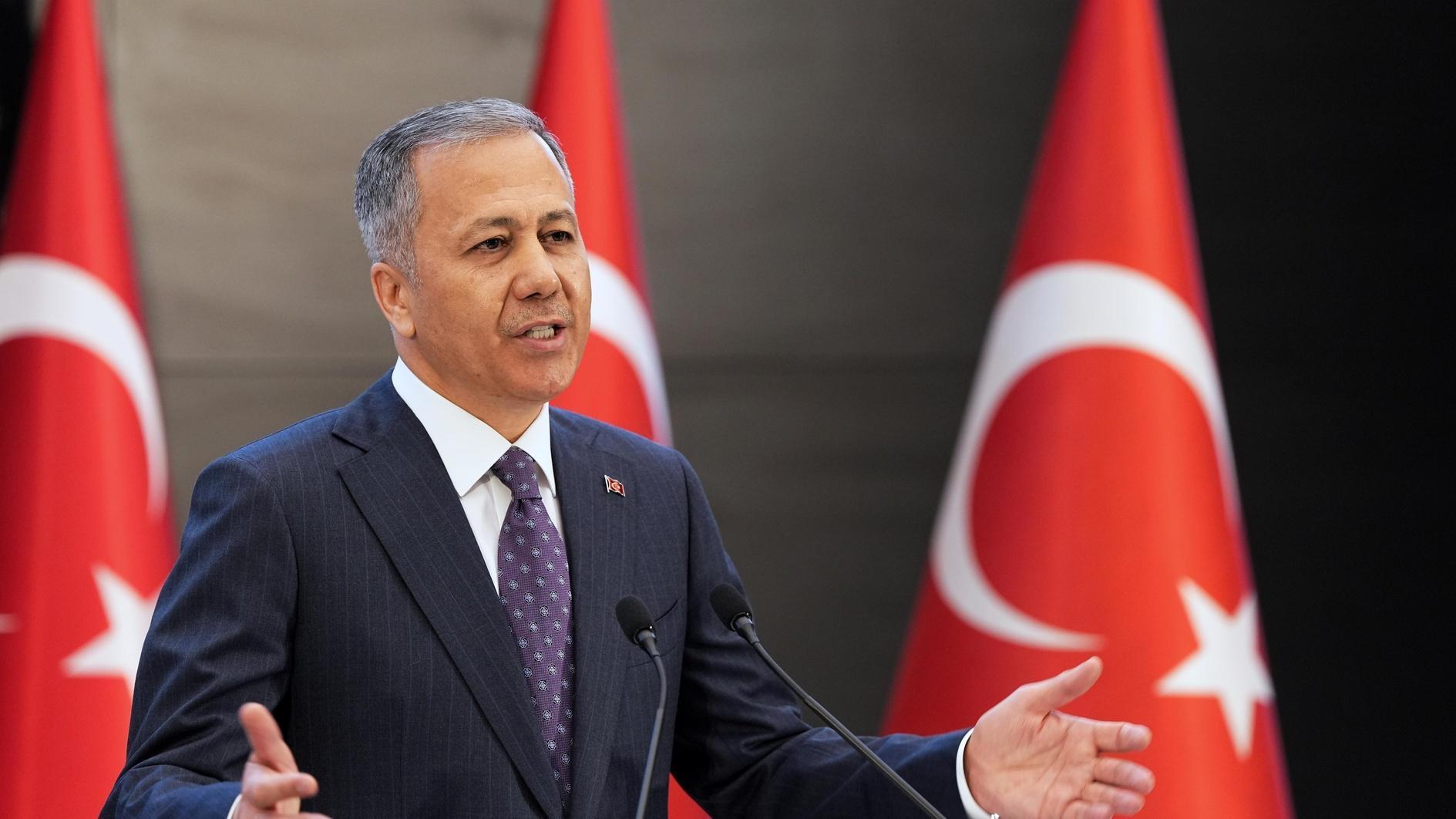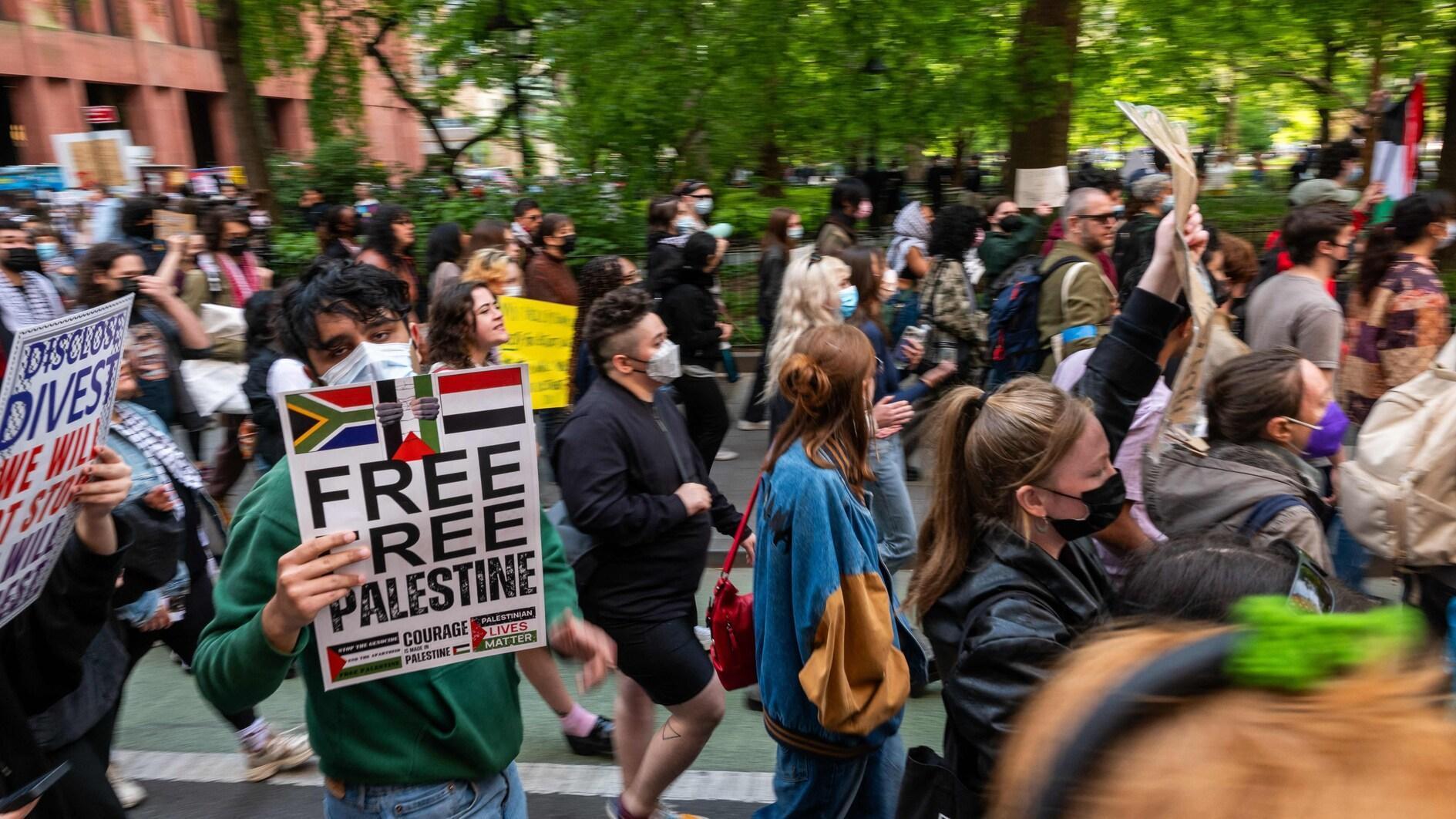Time for self-criticism for US media over drone secret
WASHINGTON - Agence France-Presse
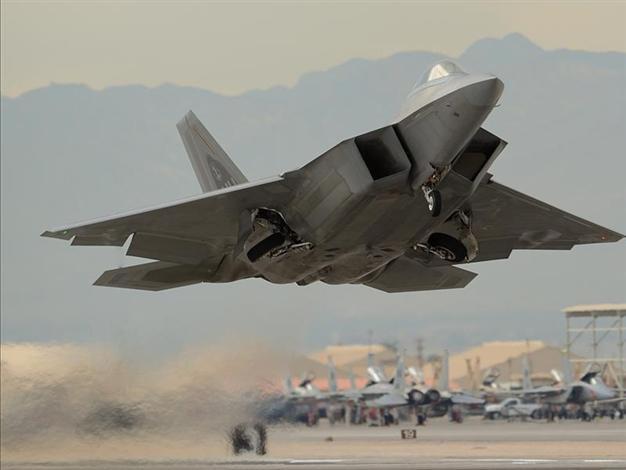
This photo provided by a US Air Force website shows an F-22 Raptor taking off. Some US media organizations condemned the keeping of the location of a drone base in S Arabia secret.
The U.S. media has turned the spotlight on itself after three news organizations admitted to keeping the location of a drone base in Saudi Arabia secret at the request of the U.S. government.This week, the New York Times, the Washington Post and the Associated Press all acknowledged to having been withholding the information since 2011, provoking harsh criticism from media watchers and fellow reporters, including some on their own payrolls.
Glenn Greenwald, a columnist on civil liberties and U.S. national security issues for the British newspaper The Guardian, said the case was the latest in a series where key media outlets colluded with officials in Washington. “The excuses for concealing this information are frivolous.”
Excuses for justification
Margaret Sullivan, the public editor at The Times, said the newspaper “ought to be reporting as much and as aggressively as possible” on the drone program, which has never been officially acknowledged. “If it was ever appropriate to withhold the information, that time was over. The drone program needs as much sunlight as possible.”
The Washington Post justified its actions by claiming it “refrained from disclosing the location at the request of the administration, which cited concern that exposing the facility would undermine operations against an al-Qaeda affiliate.” The Post said it decided to publish the news after learning that “another news organization” was planning to reveal the location. Complicating the story is the fact that the location of the drone base was reported in 2011 by The Times of London and by Fox News.
The Associated Press will, in rare instances, withhold information at the request of officials should national security be at risk. “On rare occasions [the Associated Press] withholds information when officials offer a compelling argument that the information could imperil national security or individuals,” spokesman Paul Colford said. “When the location of the base was made public Feb. 5, the Associated Press felt national security concerns no longer applied and published the location,” he added.



